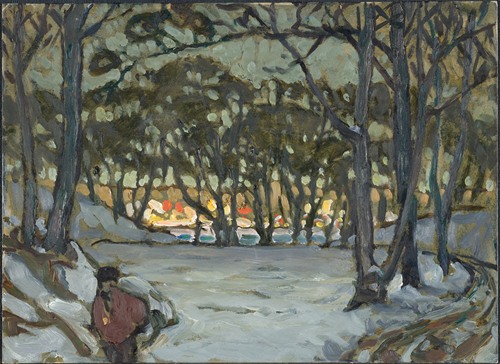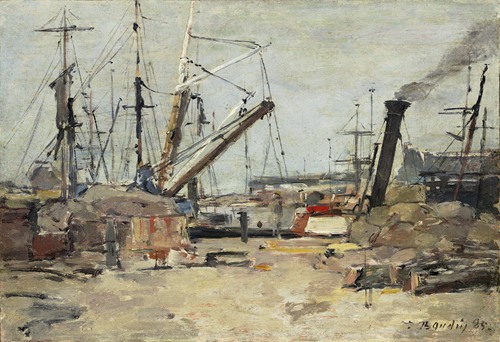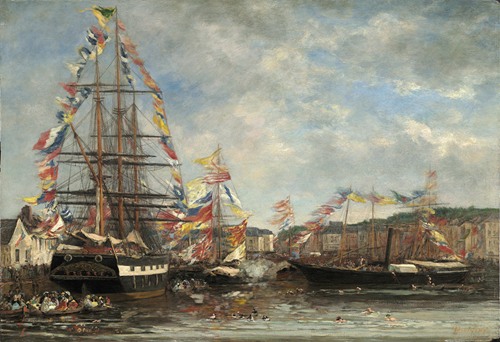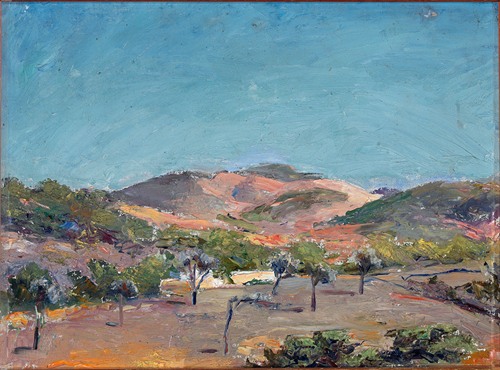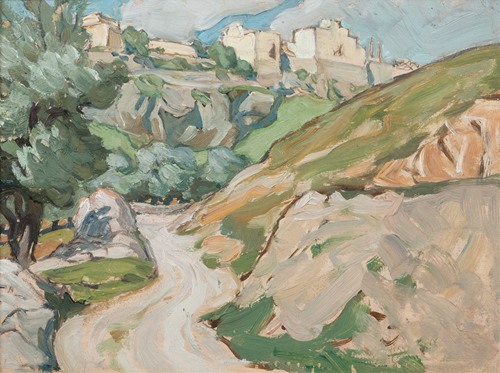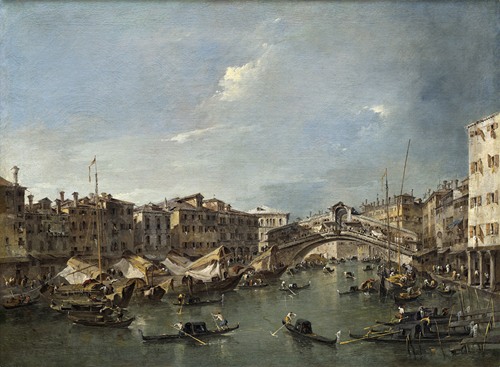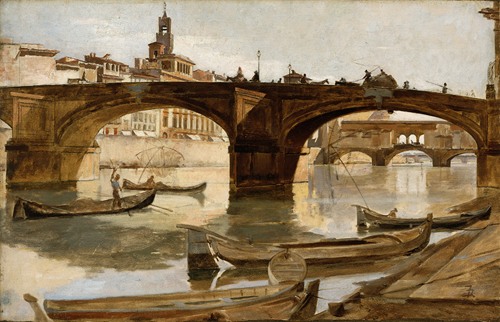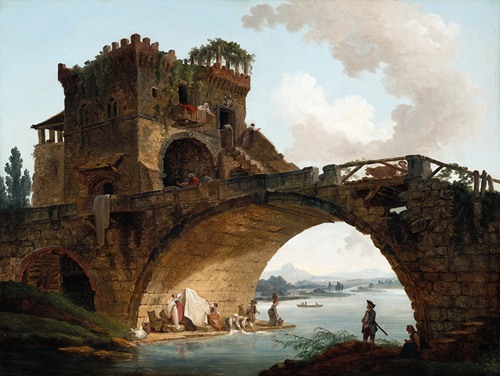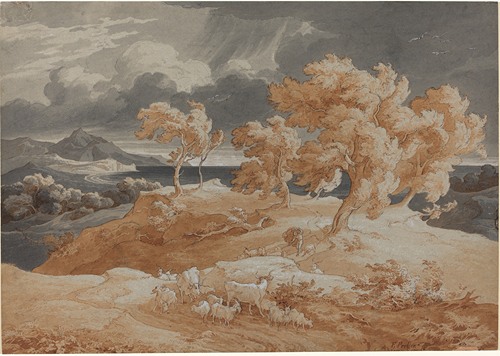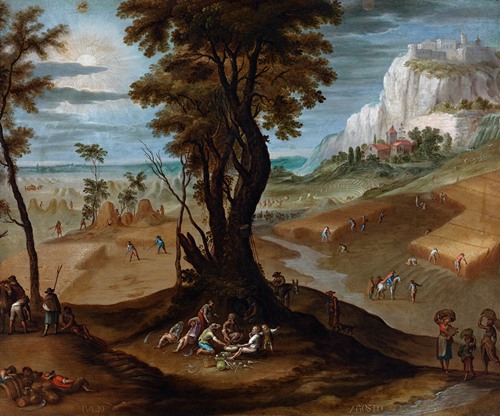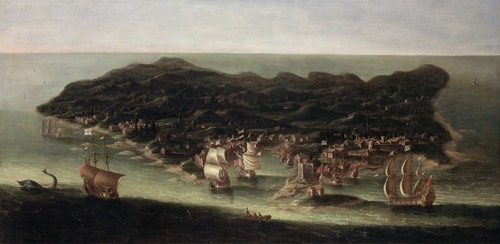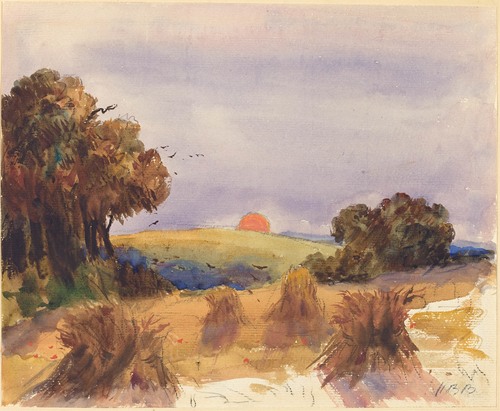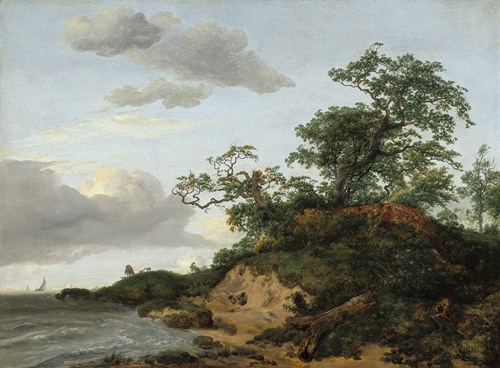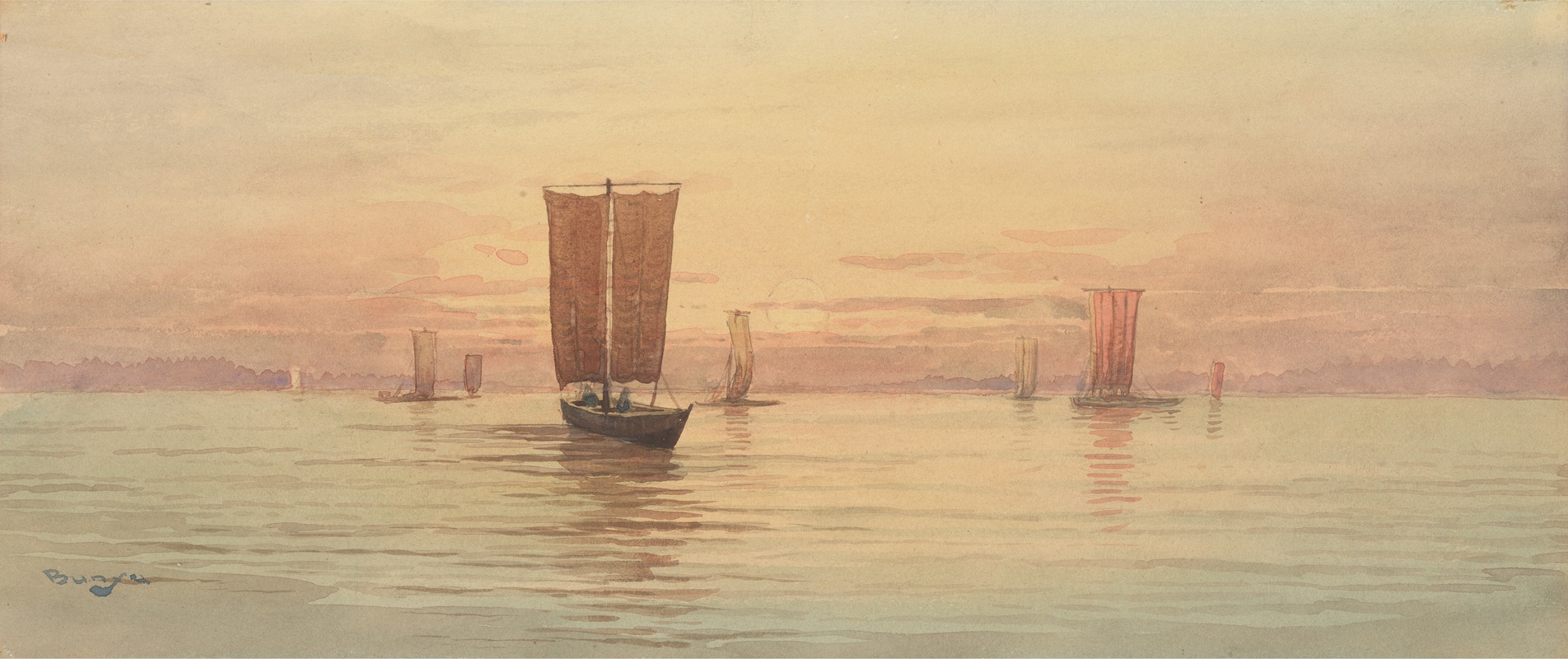
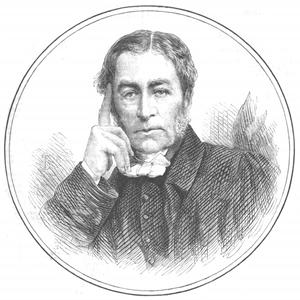
John William Burgon was an English Anglican divine who became the Dean of Chichester Cathedral in 1876. He was known during his lifetime for his poetry and his defense of the historicity and Mosaic authorship of Genesis. Long after his death he was remembered chiefly for his defense of the Byzantine text-type and continued ecclesiastical use of the traditional Received Text.
Burgon was born at Smyrna (now İzmir), on 21 August 1813, the son of Thomas Burgon an English merchant trading in Turkey who was also a skilled numismatist and afterwards became an assistant in the antiquities department of the British Museum. His mother is often said to have been Greek but was in fact the daughter of the Austrian consul at Smyrna and his English wife. During his first year the family moved to London, where he was sent to school. After a few years of business life, working in his father's counting-house, Burgon went to Worcester College, Oxford, in 1841, and took his degree in 1845.
Burgon was elected to an Oriel fellowship in 1846. He was much influenced by his brother-in-law, the scholar and theologian Henry John Rose (1800–1873), a conservative Anglican churchman with whom he used to spend his long vacations. Burgon made Oxford his headquarters, while holding a living at some distance. In 1863 he was made vicar of the University Church of St Mary the Virgin, having attracted attention by his vehement sermons against Essays and Reviews, a series of messages on biblical inspiration in which he defended against the findings of textual criticism and higher criticism the historicity and Mosaic authorship of Genesis, and biblical infallibility in general: "Either, with the best and wisest of all ages, you must believe the whole of Holy Scripture; or, with the narrow-minded infidel, you must disbelieve the whole. There is no middle course open to you."
In 1867 Burgon was appointed Gresham Professor of Divinity. In 1871 he published a defence of the genuineness of the twelve last verses of the Gospel of Mark. He then began an attack on the proposal for a new lectionary for the Church of England, based largely upon his objections to the principles for determining the authority of manuscript readings in the Greek New Testament adopted by Brooke Foss Westcott and Fenton John Anthony Hort. Westcott and Hort led the team producing the Revised Version of the Bible. Burgon assailed Westcott & Hort in a memorable 1881 article in the Quarterly Review, and collected his Quarterly Review articles and pamphlets into books, such as "The Revision Revised", in which he denounced Westcott and Hort for elevating "one particular manuscript,—namely the C (Vatican Codex (B)), which, for some unexplained reason, it is just now the fashion to regard with superstitious deference". He found their primary manuscript to be "the reverse of trustworthy."
Protests against the inclusion of Unitarian Dr Vance Smith among the revisers, against the nomination of Dean Stanley to be select preacher in the University of Oxford, and against the address in favour of toleration in the matter of ritual, followed in succession. In 1876 Burgon was made the Dean of Chichester.
At Oxford, Rev. Charles Henry Waller came under Burgon's influence.
Burgon's two-volume biography was written by Meyrick Goulburn and published in 1892. He has been described as a high churchman of the type prevalent before the rise of the Tractarian school. His collection of transcripts from the Greek Fathers, illustrating the text of the New Testament, was bequeathed to the British Museum. The British Library holds a collation of his Greek gospel manuscripts (MSS) and New Testament index.
Burgon died unmarried at the deanery, Chichester, on 4 August 1888. He was buried in the family grave at Holywell Cemetery in Oxford on 11 August. He is commemorated by a plaque set in the floor of Chichester Cathedral's south transept and by a window in the lady chapel.
